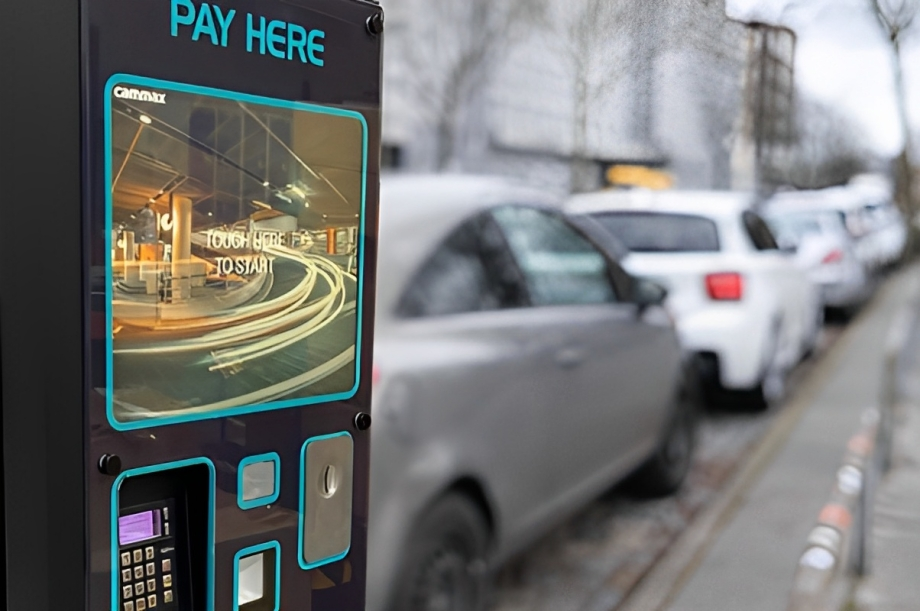
The use of cash has seen a resurgence in the UK after a decade-long decline, with 19% of purchases made using notes and coins last year, according to the British Retail Consortium (BRC).
Despite the emergence of digital payment options and the prevalence of card payments, the Consortium’s findings mirror similar results published by banking trade body UK Finance in September which also found that cash usage is up for the first time in a decade.
The rise in cash usage is being attributed to the fact that more consumers are turning towards coins and notes as they look to manage their finances in the face of rising cost of living pressures. Retail and economics commentators also argue that cash usage witnessed an unavoidable dip during the pandemic but that the UK is now witnessing a return to the forecasted ‘normal’.
Hannah Regan, BRC payments policy adviser commented: “We are now seeing a return to many of the pre-pandemic trends in payments, including smaller but more frequent purchases, and a slight return of cash payments.”
The British Retail Consortium’s findings have re-ignited the debate about cash access in the UK amidst the backdrop of rising bank and ATM closures.
Under current Government regulations, free cash services must be available within one mile in urban areas and up to three miles in rural regions to address concerns about ‘cash deserts’. However, the UK’s financial watchdog the Financial Conduct Authority (FCA) is considering going further and introducing fines for institutions that do not address gaps in local cash provision, considering factors such as transport links and the age demographics of communities.
Sheldon Mills, executive director of consumers and competition at the FCA commented: “We know that, while there is an increasing shift to digital payments, over three million consumers still rely on cash – particularly people who may be vulnerable.”
He also added that the new regulations identified in the proposals would “help manage the pace of change and ensure that people can continue to access cash if they need it”.

This resurgence in cash usage coincides with several UK sectors and organisations contemplating a complete shift to a ‘cashless’ model. Notably, numerous local councils and private operators within the parking sector have taken steps to phase out cash-enabled parking payment machines in recent years. However, these actions have not been without criticism, raising concerns about payment inclusivity and sparking accusations of ageism and discrimination by some charitable organisations including Age UK.
One of the primary issues at the forefront of the criticism is the impact on those who don’t own a smartphone and therefore can’t use mobile apps to pay for parking, an issue that Age UK argues disproportionately affects older people.
Caroline Abrahams, Charity Director at Age UK, said: “If you don’t have a smartphone or a credit card, the more modern parking machines that don’t take cash are no use to you at all, making it even harder to find somewhere to park than it often already is. Parking near to services or appointment venues can be all the more important for older people with mobility issues.”
Pay by phone services, as well as some mobile parking payment apps, have also drawn the ire of cashless critics owing to their unreliability, particularly in areas where connection to cellular networks is patchy at best.
In the face of unrelenting pressure, one Hampshire council has decided to backtrack on its cashless parking payments plan and has announced that it will return cash-enabled machines by early next year.
Gosport Borough Council began removing ticket machines in May to cut costs but faced backlash as drivers resisted using the ‘MiPermit’ app.
Gosport Older People’s Forum claimed they were “very frustrated” with the MiPermit app and group member Edith Kinghorn stated that: “People don’t like putting card details into their phones. They don’t like being forced into doing this kind of thing.”
She also added that “Many of them (older people) have the original type of mobile phone which only makes phone calls.”
Gosport Borough Council acknowledged that drivers did not embrace the new system as expected. In response to public frustration, the council announced plans to purchase new machines and reinstate old ones, providing both cash and card payment options across 12 car parks by March 2024.
Commenting on the U-turn, Council leader Peter Chegwyn said: “Although the proportion of payments by MiPermit has increased… cards still seem to be the most popular method of payment and there’s still a significant number of people who prefer cash.
He added: “Local drivers have shown what they prefer and we’re happy to listen to that message and change our policy.”